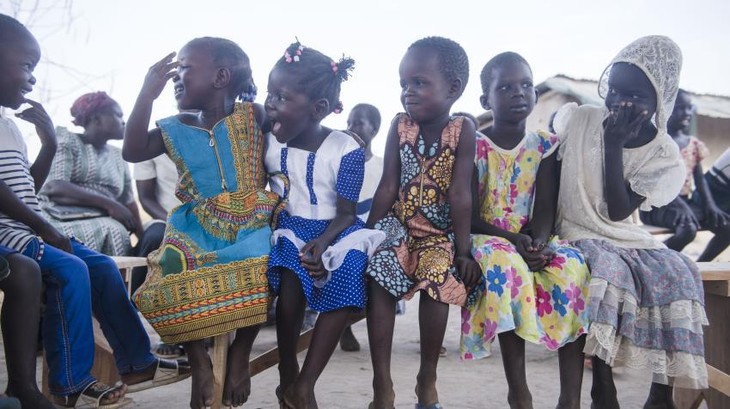(VOVWORLD) - The global population projects to reach 8 billion people Tuesday, according to World Population Prospects 2022.
 (Illustrative photo: un.org) (Illustrative photo: un.org) |
The global population is growing at its slowest rate since 1950, having fallen under 1 per cent in 2020. The latest projections by the United Nations suggest that the world’s population could grow to around 8.5 billion in 2030 and 9.7 billion in 2050.
It is projected to reach a peak of around 10.4 billion people during the 2080s and to remain at that level until 2100.
The report said that global life expectancy at birth reached 72.8 years in 2019, an improvement of almost 9 years since 1990. Further reductions in mortality are projected to result in an average global longevity of around 77.2 years in 2050. Yet in 2021, life expectancy for the least developed countries lagged 7 years behind the global average.
The COVID-19 pandemic has affected all three components of population change. Global life expectancy at birth fell to 71.0 years in 2021. In some countries, successive waves of the pandemic may have produced short-term reductions in numbers of pregnancies and births, while for many other countries, there is little evidence of an impact on fertility levels or trends. The pandemic severely restricted all forms of human mobility, including international migration.
UN Secretary-General António Guterres told a celebration of World Population Day in July that this is an occasion to celebrate our diversity, recognize our common humanity, and marvel at advancements in health that have extended lifespans and dramatically reduced maternal and child mortality rates. He added: “It is a reminder of our shared responsibility to care for our planet and a moment to reflect on where we still fall short of our commitments to one another.”